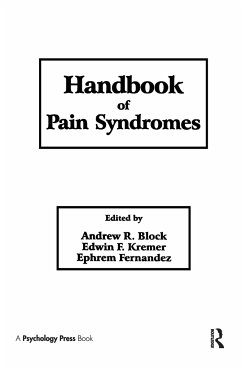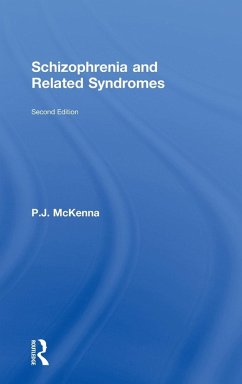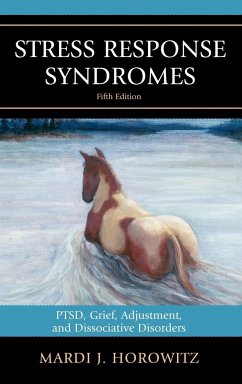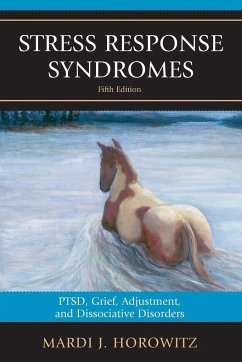
Foreign Accent Syndromes
The stories people have to tell
Versandkostenfrei!
Versandfertig in 1-2 Wochen
234,99 €
inkl. MwSt.
Weitere Ausgaben:

PAYBACK Punkte
117 °P sammeln!
What does it feel like to wake up one day speaking with a foreign accent from a country one has never visited? Why does someone wake up doing this? This book seeks to portray the broad and diverse experiences of individuals with a rare neurological speech disorder called Foreign Accent Syndrome (FAS). Through a combination of personal testimony and scientific commentary the book aims to shed unprecedented light on the understanding of FAS by elucidating the complex links between how the brain produces speech, how listeners perceive speech, and the role that accent plays in our perception of se...
What does it feel like to wake up one day speaking with a foreign accent from a country one has never visited? Why does someone wake up doing this? This book seeks to portray the broad and diverse experiences of individuals with a rare neurological speech disorder called Foreign Accent Syndrome (FAS). Through a combination of personal testimony and scientific commentary the book aims to shed unprecedented light on the understanding of FAS by elucidating the complex links between how the brain produces speech, how listeners perceive speech, and the role that accent plays in our perception of self and others.














